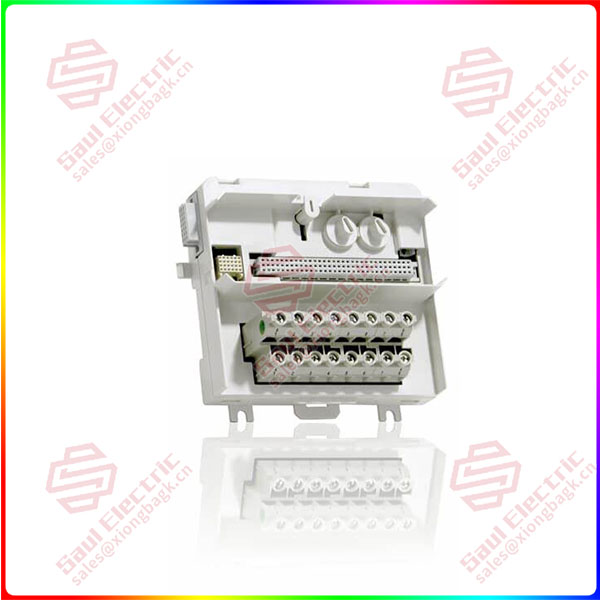MiR itself operates on a low-carbon route throughout its entire cycle
MiR not only designs products and empowers customers with low-carbon principles at the product end, but also upholds low-carbon principles in all aspects of its overall operation throughout the whole cycle [1].
First, in terms of energy use, taking 2022 as an example, 54% of the energy used in MiR’s overall operation will be renewable energy.
Secondly, in terms of waste treatment, MiR has fully sorted and recycled solid waste, and all sites have arranged for MiR’s subcontractors to collect waste directly.

TU831V1
In 2022, for example, the recycling rate is as high as 73%. Among the various types of equipment, electronic/electrical equipment will be recycled at the end of life, while IT equipment such as computers, mobile phones, chargers, docking stations will also be sold to Circular IT at the end of life, where up to 92% of the equipment will be resold and given a new lease of life. In addition, in the final sales process, every MiR robot sold will plant a tree, thus further implementing the low-carbon concept throughout the entire cycle from production to sales. Going forward, MiR will continue to reduce its carbon footprint according to the standards of ISO14001 environmental management system certification.
He Xiaohu, head of MiR Autonomous Mobile Robot China and Sales Director, said:
“Under the boost of a number of national policies such as the” 14th Five-Year Plan “robot Industry Development Plan, all walks of life have accelerated the pace of automation upgrading, and the AMR industry has ushered in huge opportunities.” As China’s smart manufacturing continues to move towards a higher quality stage of development, green and low-carbon are increasingly becoming an important yardstick. China, as the world’s largest manufacturing producer, has always been of great strategic importance to MiR, and MiR hopes to continue to contribute to China’s industrial automation and low-carbon upgrading.”
 1 Year Warranty
1 Year Warranty




